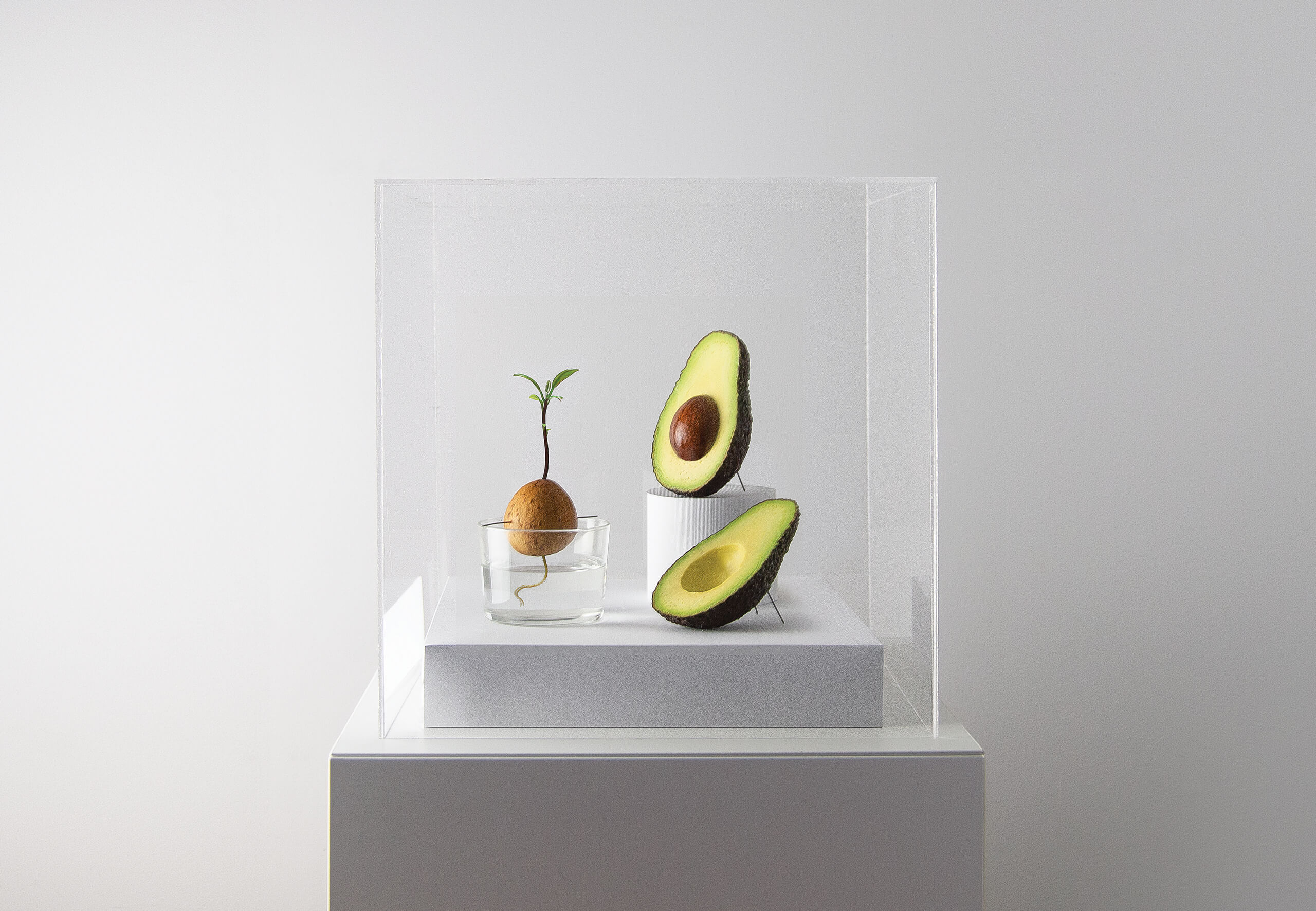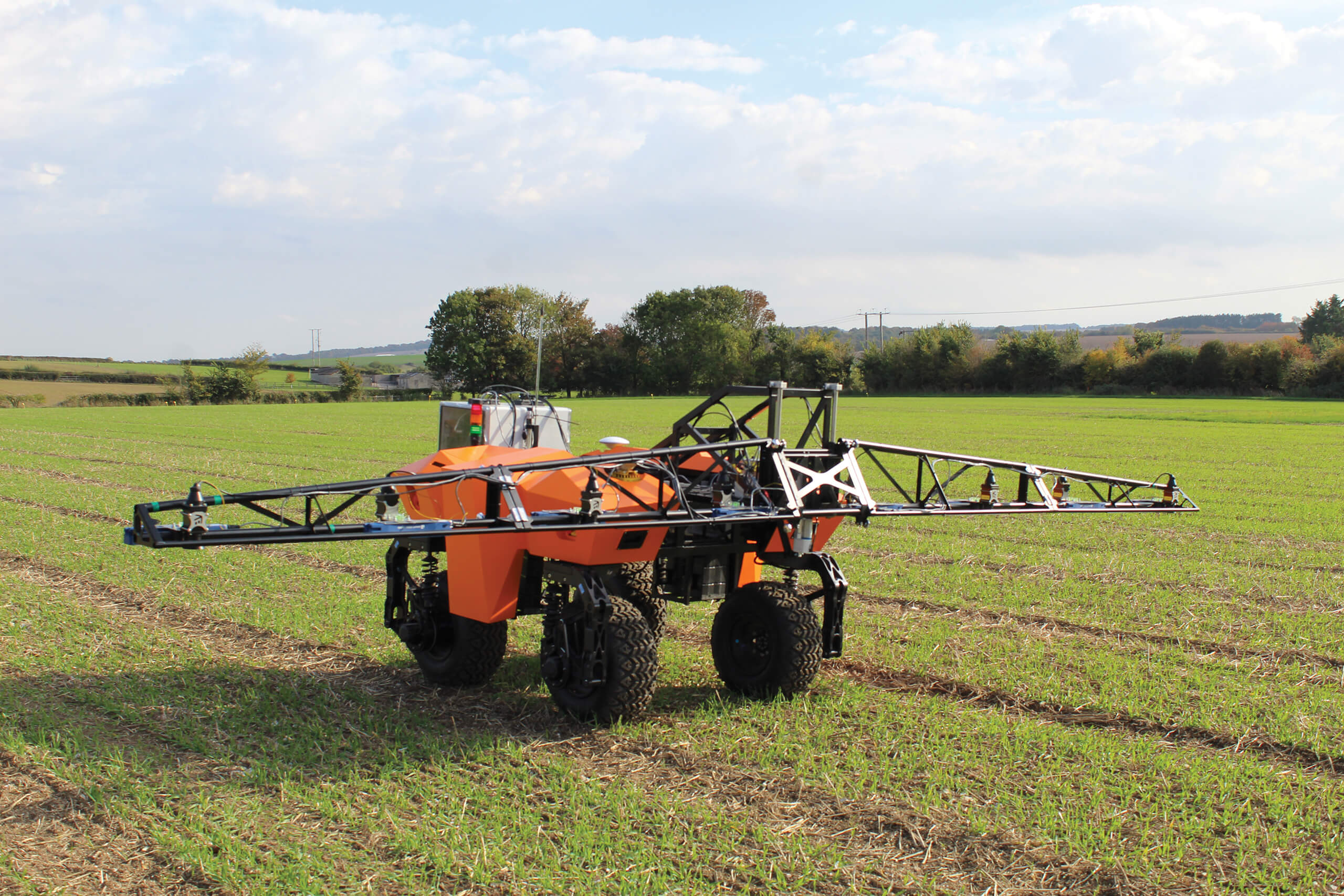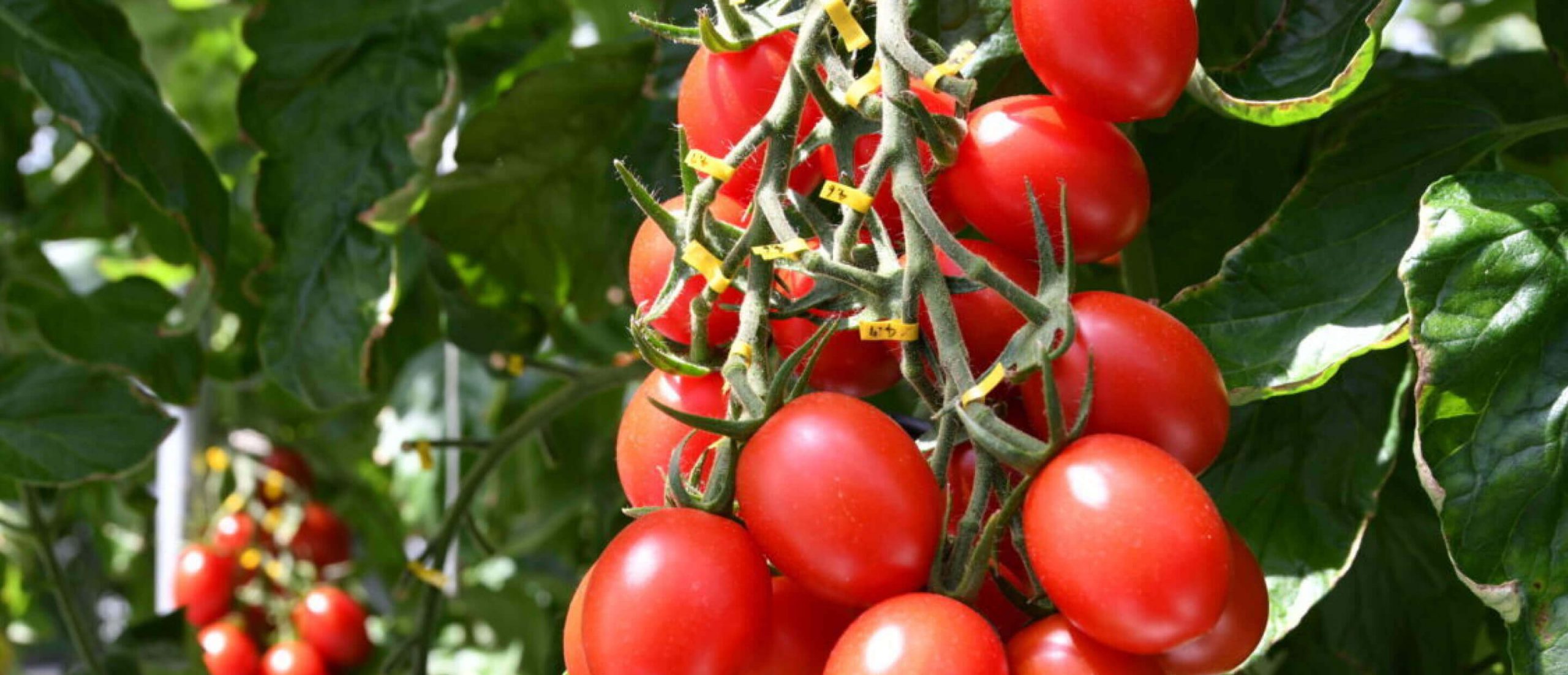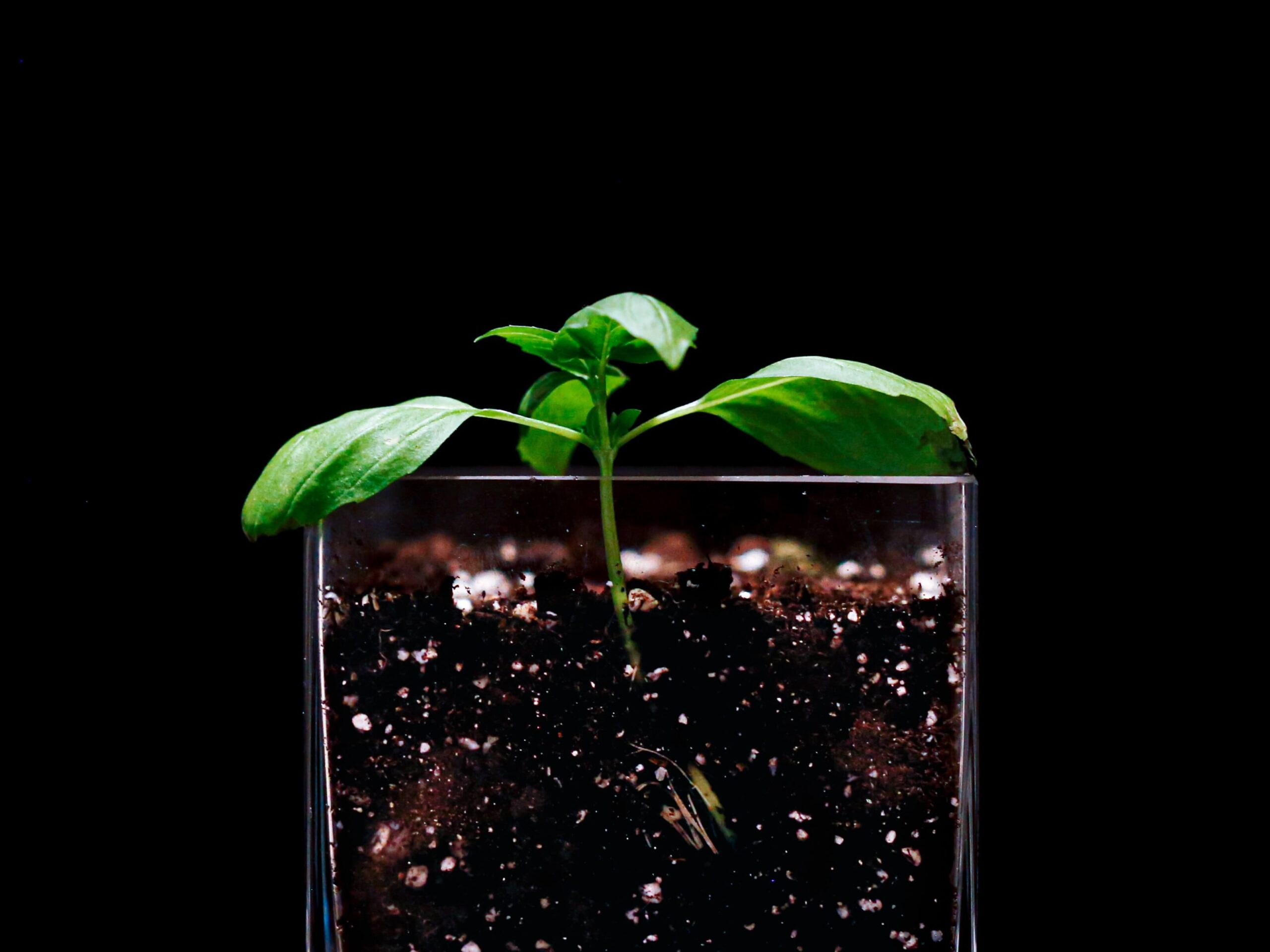

Dr. Victoria Hatton is the CEO of Food HQ, an incubation hub designed to catalyze food innovation in New Zealand. She has worked previously for the United Nations Food and Agriculture Organization and served as the Pacific Regional Climate Change Attachè for the British Foreign and Commonwealth Office.
Looking towards 2025, I’m most curious to watch the impact of artificial intelligence (AI) in and on agricultural systems. Properly utilizing AI can help farmers and growers increase productivity, decrease waste and save costs in pest control, weather predictions, soil health and crop management. But adopting AI technology comes with risks causing many to “move at the speed of trust”. AI technology requires vast amounts of land for server farms. Could we see land being swapped from being used to grow food to housing warehouses for data-crunching technology?
The biggest opportunity for the agriculture space in 2025 is the speed at which new technology is being developed and made available to farmers and growers. We have a food affordability crisis and a food availability crisis – and technology is needed to solve both.
For Example:
- Robotics (combined with AI) is an especially exciting opportunity that can help us to grow more food indoors; this will enable farmers to manage water and nutrients, while often increasing the volume of crops grown – sometimes doubling or tripling it per year.
- Seed genetics is also fascinating – taking seeds of widely eaten grains to create “greater foods” that have higher nutritional composition to increase human health and wellbeing.
- Breeding using gene editing to triple the production capacity of plants – this is a very useful tool for shortening reproduction cycles, improving genetic uniformity, and reducing food waste. In the future, as global regulations become more aligned, it will also help reduce the time taken for new seeds to reach the market, accelerating the development of new varieties that could be better suited to our ever-changing climate.
Adopting AI technology comes with risks causing many to move at the speed of trust.”
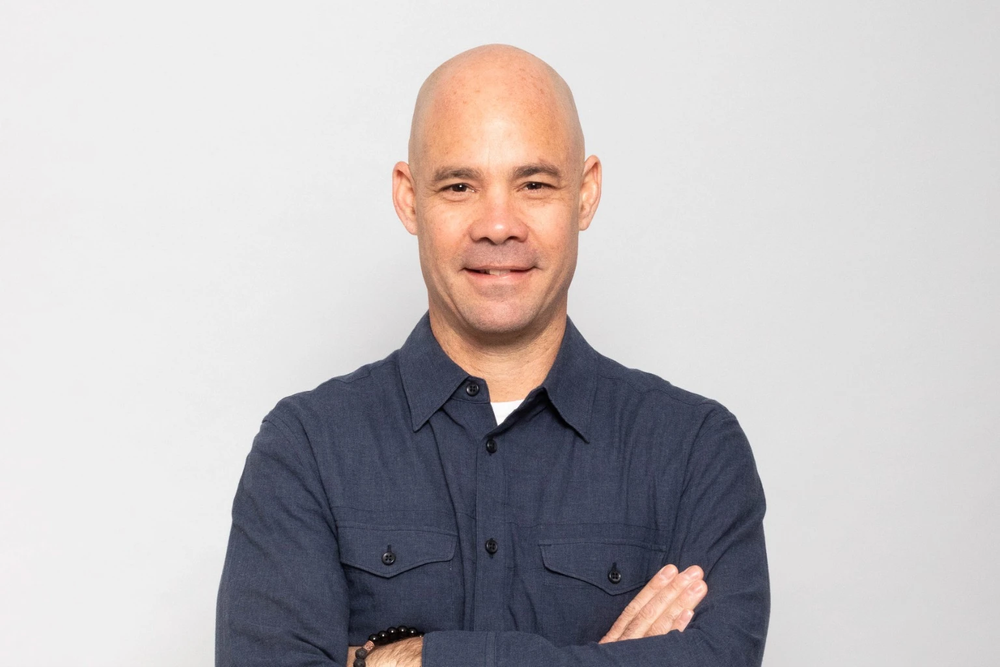
Erik Oberholtzer is a chef, author and co-founder and Chairman of Los Angeles-based TenderGreens, a healthy food restaurant chain, and managing partner of Cohere, a brand agency for the hospitality industry.
On my radar in 2025 will be the concept of The Vision for Adapted Crops and Soils (VACS), which seeks to encourage “opportunity crops”. These are regionally important crops that can help mitigate the impacts on agriculture of climate shifts while helping to add more diversity to our food system.
I’ll be cooking for the Crop Trust and World Food Prize events in 2024. My aim was to help bring awareness to underutilized crops like amaranth, fonio, pulses, millets, and obscure tubers, which are important to diversity in food nutrition, culture, and flavor.
I am also tracking agroforestry as a means to utilize both climate-smart crops, such as American hazelnuts, along with high-value companion crops like ramps, fiddleheads, mushrooms, and berries. I’ve been cooking with these ingredients for decades, but the movement of farmers to plant more intentionally has benefits; it provides greater diversity to their crop land and overall ecosystem. It also makes some of these ingredients, which have historically been foraged, more accessible.
The movement of farmers to plant more intentionally has benefits; it provides greater diversity to their crop land and overall ecosystem”

Peter Kelly Founder, Grow Further. Formerly an economics professor, Peter now runs Grow Further, a nonprofit startup that makes open-ended grant announcements seeking the best ideas from scientists around the world for R&D projects to help smallholder farmers adapt to weather shifts and improve nutrition and income. Like an angel investment group, his team selects ideas most likely to get adopted at scale.
For 2025, I’ll be watching the development of the U.S. State Department’s Vision for Adapted Crops and Soils program. VACS seeks to elevate opportunity crops, indigenous crops that are nutritious and climate resilient yet haven’t
gotten much research or development program attention, as well as to promote healthy soils. My organization, Grow Further, is proud to be one of the first VACS Champions for funding research to improve the cultivation of Bambara groundnuts, one of the most promising and overlooked of the opportunity crops.
One of the biggest opportunities in global agriculture right now is the expansion and improvement of Ethiopia’s new dry-season wheat cultivation system. This system promises to prevent famine and transform the country into a regular wheat exporter, with implications not only for food security in East Africa but also for global markets.
In 2025, my team and I will continue supporting agricultural innovation in Africa and build an agricultural research grant program in India, engaging local scientists, supported by companies and the Indian diaspora, in food security solutions to serve smallholder farmers in India and beyond.
VACS seeks to elevate opportunity crops, indigenous crops that are nutritious and climate resilient yet haven’t gotten much research or development program attention, as well as to promote healthy soils.”
